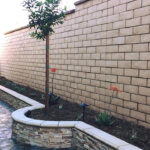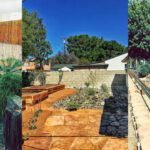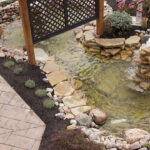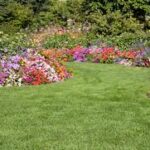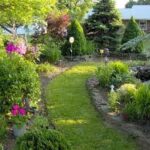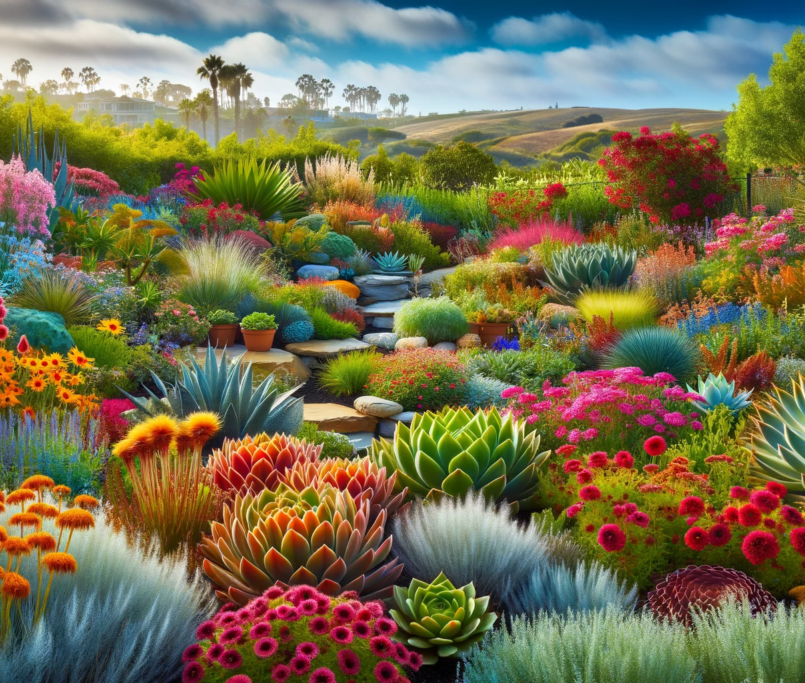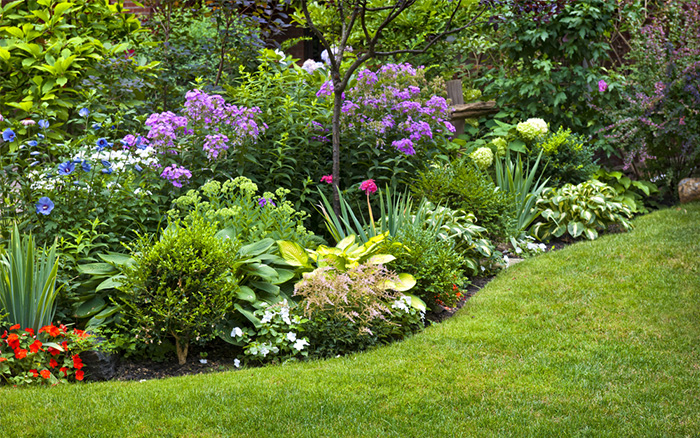Make more time to enjoy your lawn and your life this fall: don’t rake your leaves!
Leaf raking is an aesthetic choice. Leaf raking has evolved with the development of suburban lifestyles and the habit of growing carpet-green lawns.
Leaf raking is not necessary! There is no reason to rake leaves unless you are collecting them to use in a compost pile or as mulch underneath trees and shrubs or around perennials.
Instead, run over leaves with a lawn mower every five days or so. Leaf litter will not smother the grass. Microbes will decay the litter and treat your lawn to a feast of nutrients. Leaves that fall under trees and shrubs should be left alone. These leaves will smother the lawn there, but this as well as the nutrients in the leaves provide trees with a healthier environment in which to grow.
Environmental Consequences of Leaf Cleanup
Leaf raking, bagging, and burning, the annual rites of autumn, have had significant negative consequences.
• The Environmental Protection Agency has reported that landscape debris including leaves and garden trimmings contribute 32 million tons or 13 percent of all solid waste that enters landfills in the United States. Landfill space is expensive and unnecessary waste adds to the country’s tax burden.
• Plastic bags used to transport leaves and clippings add insult to injury, since plastic is not biodegradable and will pollute in whole or in part for thousands of years to come. The leaves held in bags and transported to landfills decompose in the absence of oxygen and create methane gas. Methane is a greenhouse gas more powerful at trapping heat than carbon dioxide.
• Landfills often leak toxic pollutants into ground water and waterways. Leaves that are raked and disposed of in ravines and stormwater right of ways surrounding suburban lots quickly make their way into streams, rivers, and major waterways. The Chesapeake Bay, a waterway that drains 5 states, and the Gulf of Mexico, which drains many more, are already plagued by excess nutrients that have robbed them of oxygen. This creates dead zones where fish and shellfish are unable to survive.
• A considerable amount of carbon dioxide enters the atmosphere when spewed from collection vehicles. Leaf blowers also emit the greenhouse gas.
• The EPA also warns that leaf burning has environmental consequences. Particulates are hazardous to the health of homeowners and their community. Burning leaves creates a number of toxic pollutants that impair the lungs and cause cancer.
• Leaves removed from the landscape create a less hospitable environment for beneficial insects, birds, and other wildlife. A diverse environment is essential to our overall health as various plants and animals provide food, clean air, filter water, and provide myriad other life-sustaining services.
Instead of Raking, Use Leaves Wisely
Instead of wasting time raking and bagging leaves, put them to work for your lawn and garden. Mow them, as suggested above, and you won’t need to fertilize your lawn. Leaf litter leaves the nutrients on the ground where they belong. Leave the leaves on your planting beds as natural mulch and protective cover in winter. Shred the leaves if the whole leaves look too unruly. Decomposing leaves enrich the soil, which means less watering will be needed. As with leaves, it is not necessary or natural to remove the stems and heads of flowers. Let them contribute to soil quality as well.
Leaves that are piled with twigs to hold them in place provide cover for birds and all sorts of insects, reptiles, and small mammals. Enjoy looking for toads and watching rabbits. Develop your backyard as a habitat. The National Wildlife Federation Certified Wildlife Habitat program can guide you.
If you have a lot of leaves, buy or build a compost bin and create soil for next spring’s flower or vegetable garden. Remember, compost helps soil retain water. Compost is also a substitute for fertilizers that pollute runoff.
Take it Easy This Fall and Don’t Rake!
Feel good about not contributing to environmental pollution, saving money on fertilizer and water bills, and taking extra time to enjoy the birds and other critters that make our world a healthier and more enjoyable place to live.


